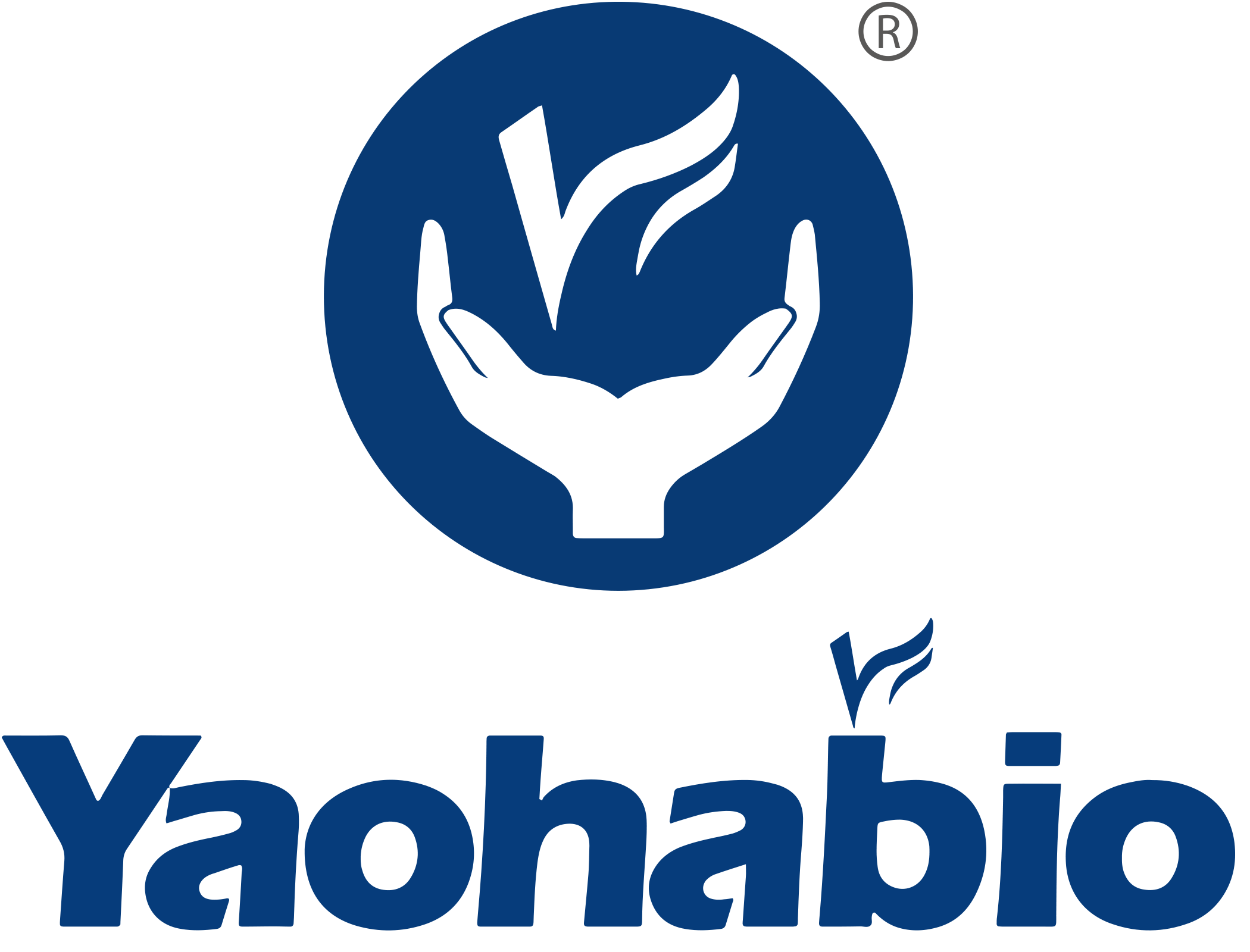Modality
-
Proteins
-
Recombinant Subunit Vaccine
-
GLP-1
-
Insulin for Human
-
Recombinant Peptide
-
Recombinant Enzyme
- Uricase, Urate Oxidase
- Cas9 Nuclease
- IgG Protease
- IgA Protease
- Carboxypeptidase G2 (CPG2)
- Phenylalanine Ammonia Lyase (PAL)
- L-asparaginase (L-ASNase)
- Adenosine deaminase (ADA)
- Truncated Plasmin
- Truncated tissue plasminogen activator (tPA)
- Enzymes for mRNA Production
- Enzymes for ADC Production
- Enzymatic Reagent
-
Nano-antibody
-
Antibody Fragment
-
Growth Factor
-
Cytokine
-
Antigen
- Hepatitis B Virus (HBV) Antigen
- Hepatitis C Virus (HCV) Antigen
- Hepatitis E Virus (HEV) Antigen
- Human Immunodeficiency Virus (HIV) Antigen
- Human T-Lymphotropic Virus (HTLV) Antigen
- Cytomegalovirus (CMV) Antigen
- Rubella Virus (RuV) Antigen
- Tuberculosis Antigen
- Treponema pallidum Antigen
- Trypanosoma cruzi Antigen
- Tumor Antigen
-
Collagen
-
Other Proteins
-
-
Nucleic Acids
-
Plasmid DNA
-
Messenger RNA (mRNA)
- mRNA Vaccines Against Virus Pathogens
- mRNA Vaccines Against Bacteria Pathogens
- mRNA Vaccines for Cancer Therapy
- mRNA Therapeutics as Protein Replacement
- mRNA Therapeutics for Methylmalonic Acidemia
- mRNA Therapeutics for Cystic Fibrosis
- mRNA Therapeutics for OTC Deficiency
- mRNA Therapeutics for Propionic Acidemia
- mRNA Therapeutics for Coronary artery disease
- mRNA Encoding Antibody
- mRNA for Gene Editing
- mRNA as Epigenomic Controller
- mRNA Vaccine in Feline
- Technologies Involved in mRNA Synthesis
-
Self-amplifying RNA (saRNA)
-
Trans-amplifying RNA (taRNA)
-
Circular RNA (circRNA)
-
Minicircle DNA
-
-
Animal Biologics
-
Vaccines
-
DNA Vaccine
-
mRNA Vaccine
-
Recombinant Subunit Vaccine
-
Protein-Based Therapeutic Vaccine
-
Viral Vector Vaccine
-
Carrier Protein, Recombinant
-
Live Attenuated Vaccines (Bacteria)
-
Live Bacterial Vector Vaccine
-
Inactivated Vaccine (Bacteria)
-
Polysaccharide or Conjugate Vaccines
-
Toxoid Vaccine
-
Carrier Protein, Extracted
-
Vaccine Adjuvants
-
-
Aesthetic Medicines
-
Diagnostic Reagents
-
Raw Materials and Reagents

 EN
EN
 AR
AR
 HR
HR
 CS
CS
 DA
DA
 NL
NL
 FI
FI
 FR
FR
 DE
DE
 EL
EL
 IT
IT
 JA
JA
 KO
KO
 NO
NO
 PL
PL
 PT
PT
 RO
RO
 RU
RU
 ES
ES
 SV
SV
 IW
IW
 ID
ID
 LV
LV
 LT
LT
 SR
SR
 SK
SK
 SL
SL
 UK
UK
 VI
VI
 ET
ET
 HU
HU
 TH
TH
 TR
TR
 FA
FA
 AF
AF
 MS
MS
 BE
BE
 MK
MK
 UR
UR
 BN
BN

